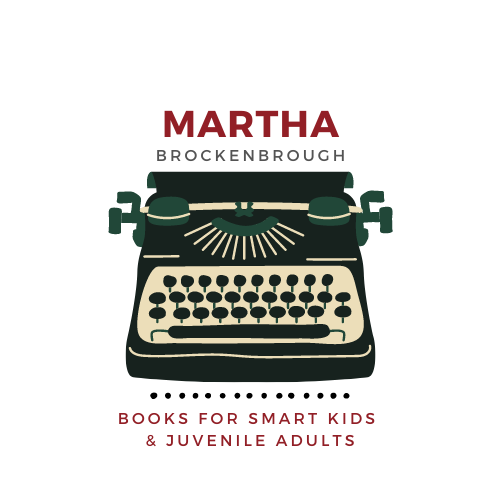The 18th Annual SCBWI Winter Conference in New York is coming soon!
Register here!
I'm not gonna lie. My first few SCBWI conferences were a shock to my system. Part of this is because I'm an introvert and don't spend a lot of time in crowds. Part was because I was hearing and learning so much great information that my brain was melting. But the last part? I wasn't really sure how and when to talk to people.
I suppose this is closely related to my introversion. But it's also because I wasn't familiar with conference culture. I read in advance that we weren't supposed to foist our manuscripts on people. Fair enough.
Beyond that, though, I felt a lot of anxiety about best strategies for meeting new people. Here's what I've learned over the years:
- Most people feel nervous in this environment, or have memories of the time when they did. So, don't feel nervous that you are nervous. It's part of the deal, and it will dissipate.
- We are all here for one reason: We love books and want to make great ones. Come ready to talk about books you are loving. And come ready to meet some of the people who made them: writers, illustrators, editors, agents. It's a great idea to look at the faculty and read some of those books beforehand. You'll even have a chance to get copies signed, if you want.
- A corollary: If you feel like criticizing books, bite your tongue. You never know who's listening, and you don't need to prove how smart and accomplished you are by criticizing the books of others. Also? If you think "no one is writing good books these days," well, you might not know as much as you think.
- Ask people what they're working on. Listen and ask follow up questions if you can. People love talking about themselves. Be ready to answer these questions. Not at great length. You're not pitching your work. You're just talking about it, which is great practice for the time when you are ready to pitch.
- Speaking of pitching. Some conferences have pitchfests and opportunities. This isn't one of them, although there are roundtable critiques that sometimes do get you noticed by agents and editors. That's rare, though. Don't obsess about pitching or taking your one shot. There is no such moment, 99 percent of the time. Your best bet is to come with an open heart and ears, so you can learn everything you can. There WILL be a time when you and your work are ready, and you will know when that happens. Success isn't a result of a single moment. It's something that comes with work and perseverance.
- It's OK to take breaks when you need them. Find a quiet corner somewhere. Go for a walk (dress warmly; it can be cold outside).
I've been coming to these conferences for many years now and absolutely love them. Not only have grown as a writer, I've also grown as a person and am wildly better at thriving in crowds and chaos than I was.
Look for me in New York. I'll be typing away at the blog table, but I'll always take a break to let you know I'm truly glad you've come.




